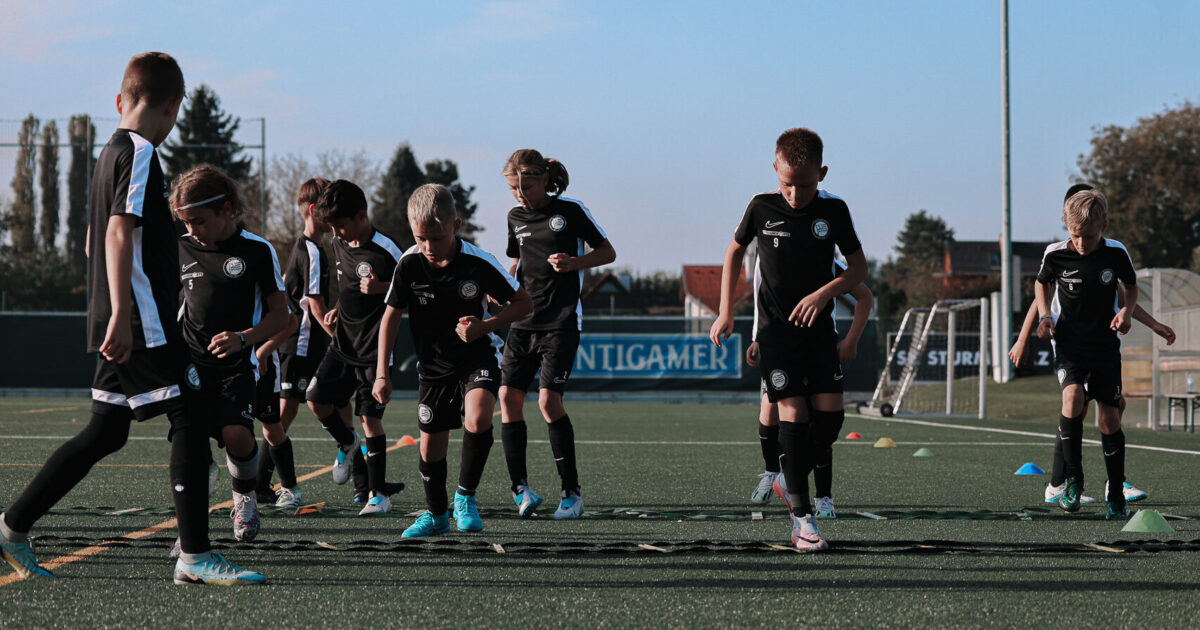After the government coalition exploded in the Netherlands, Prime Minister Mark Rutte no longer wanted to run for a fifth term. The longest-serving prime minister in the country’s history announced on Monday that he will retire after new elections in November. The 56-year-old Rutte had previously said he would like to run again, but it would depend on his conservative party, VVD.
“In the last few days there has been a lot of speculation as to what motivated me. The only answer is the Netherlands,” Rutte said in a speech to parliament ahead of a debate on the government’s collapse. “I made the decision yesterday morning that I will not be available as head of the VVD. Once the new government is formed after the elections, I will leave politics.”
Rutte’s centre-right four-party alliance collapsed on Friday over disagreements over family reunification for asylum seekers. The Roti party wanted the families to wait at least two years before reuniting, which the coalition partners refused to do. At the end of the week, they largely blamed him for the government’s crisis.
Rutte announced his withdrawal at the start of a parliamentary session in The Hague on the situation after the collapse of the government, saying that it was a personal decision, regardless of the current situation. “This discussion should be about our country,” he said before the start of the meeting, in which, among other things, the opposition wanted to put forward a motion of no confidence in the prime minister.
The date for the new elections has not been set. This will probably happen in November. It is expected that King Willem-Alexander will announce the date of the elections soon.
Until then, stagnation may dominate the work of the current government, as many fear. In addition to immigration policy, people in the Netherlands are also concerned about housing shortages, the energy transition, and climate policy. One of the most important conflicts is the future of agriculture in light of the announced environmental regulations. It is still quite open who will be the favorite to succeed Rutte at the VVD or at one of the other parties.
Rutte became prime minister in 2010 and is the longest serving head of government in the European Union after Hungary’s Viktor Orbán. But in his country he is no longer unchallenged after many affairs, and recently he has been accused, above all by supporters of the People’s Party for Freedom and Democracy (VVD), of leaving the right-wing course of his party. His great opponent, right-wing populist Geert Wilders, accused him of giving in, especially when it came to climate and asylum policy. But for a long time, many Dutch people saw Rota as a good crisis manager, someone who holds the shop together.
At the EU level, prior to the decision on the EU’s 2020 financial framework, Rutte was considered a confidant of former Chancellor Sebastian Kurz (ÖVP). Together with Sweden and Denmark, the informal cooperation of the “frugal four” was formed at the EU level. They advocated EU budget easing and tight fiscal policies in the eurozone, and generally spoke out against Europe’s large distribution budget and the EU’s collective debt. The main demand during the coronavirus pandemic has been for EU reconstruction aid to be provided in the form of loans rather than grants.

“Food practitioner. Bacon guru. Infuriatingly humble zombie enthusiast. Total student.”







More Stories
In 2050, the number of hot days will be twice as many as today
Blinken announces the delivery of more weapons to Kiev
The AfD is rightly suspected of being a far-right party